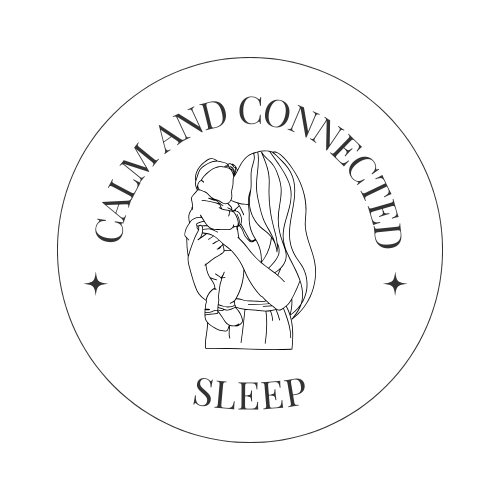When your previously well-sleeping baby suddenly starts waking frequently around six months, you might find yourself wondering what went wrong. Rest assured—nothing has! Your baby is experiencing what is often referred to as a “6 month sleep regression.” It is a completely normal developmental phase that, despite the challenges it presents, represents exciting cognitive and physical growth.
The Physical Development Connection
The 6-month developmental progression is primarily triggered by significant motor milestones. Many babies at this age are mastering rolling, sitting unassisted, or even beginning early crawling movements. This newfound core strength is so exciting for your little one that they often wake at night eager to practice!
Daytime Practice Makes for Better Nighttime Sleep
One of the most effective approaches to navigating this progression is ensuring ample daytime opportunities to practice new skills. While it might be tempting to maintain your regular schedule of stroller walks, errands, and visits, consider temporarily adjusting your routine to prioritize floor time.
When babies don’t get sufficient practice during the day, they’ll often subconsciously wake at night, eager to work on these exciting new abilities. By providing dedicated practice time when everyone’s awake, you might reduce those 3 AM “practice sessions.”
Cognitive Leaps and Emotional Development
Physical skills aren’t the only developments happening during this period. Around six months, babies experience significant cognitive growth, processing and understanding new information at unprecedented rates. This growth, while remarkable, can be overwhelming for their developing brains.
Think about how exhausted you feel after an intense day of learning something new. Your baby’s entire world is new, and they’re processing enormous amounts of information daily. This mental fatigue often manifests as increased night wakings and a heightened need for parental reassurance.
Growth Spurts and Nutritional Needs
Adding another layer to this sleep progression is the common growth spurt that coincides with the six-month mark. Your baby may suddenly seem constantly hungry, wanting to nurse or bottle-feed much more frequently—even overnight.
This increased hunger isn’t manipulation or a bad habit forming; it’s their body’s legitimate response to rapid growth. Remember that babies this age cannot overeat and if they’re actively nursing they genuinely need this nutrition.
Perspective is Everything
Perhaps most importantly, this progression represents healthy attachment. Your baby seeks you out because you’ve done an incredible job establishing yourself as their safe place. When overwhelmed by new skills, cognitive leaps, or growth spurts, they naturally turn to the person who represents security and comfort—you.
.The 6-month progression, while challenging, is ultimately a positive sign of your baby’s development. While the middle-of-the-night wakings may feel endless, try to reframe this period as evidence of your successful bonding. Your presence is exactly what they need to navigate this intense developmental period.
The good news? The 6-month progression typically lasts about two weeks. Though these might be challenging weeks, understanding that these wakings represent positive development rather than problematic sleep can help shift your perspective during those midnight moments.
Remember, this too shall pass—probably in about two weeks!

